
Three Nigerians arrested in Libya for drug trafficking
...the suspects were allegedly caught with a quantity of hashish, which authorities believe was intended for sale.
Read More
Comment
0
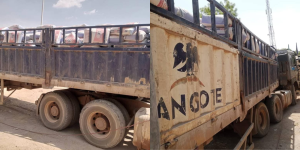
Police nab suspect over diversion of 900 bags of cement bound for Borno
The trailer, loaded in Obajana, Kogi State, was diverted to Garima Bosso, where it was intended to be sold illegally. Abdullahi Basiru, the motor boy, was arrested in connection with the crime.
Read More
Comment
0
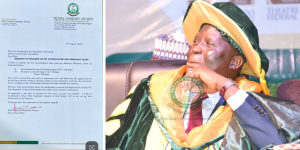
Suspended FUOYE VC requests 228-day leave amid sexual harassment allegations
The suspended Vice-Chancellor of the Federal University Oye-Ekiti (FUOYE), Prof Abayomi Sunday Fasina, has formally requested a total of 228 days of leave, citing the need for a medical checkup and pending research engagements abroad.
Read More
Comment
0

Trump to impose pharmaceuticals tariff similar to 25% duty on cars
President Trump said pharmaceutical tariffs are coming to get the U.S. to start making its own drugs.
Read More
Comment
0
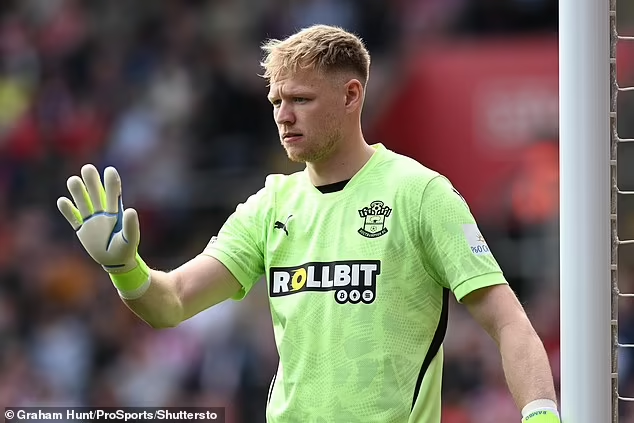
Man United eye Ramsdale in bid to solve growing goalkeeping crisis
"Manchester United are reportedly considering a surprise move for Aaron Ramsdale as doubts grow over their current goalkeeping options..."
Read More
Comment
0

US Visa Overstay: Steps to avoid deportation, legal consequences
Migration to the US does not totally translate to a long-time staying immunity as it is usually dependent on the number of months or years that your visa carried upon its issuance to you.
Read More
Comment
0

PDP will collapse if Atiku runs again, says Bode George
Bode George has raised concerns about Atiku's potential candidacy in 2027, "we will not accept it."
Read More
Comment
0
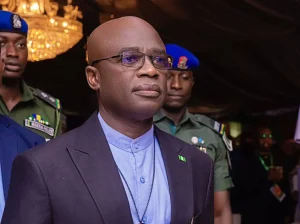
If you enter Benue without my knowledge, I can’t guarantee your safety – Gov Ali
Governor Hyacinth Alia of Benue State has issued a strong warning that he cannot guarantee the safety of any individuals or groups entering the state without his prior knowledge and approval.
Read More
Comment
0
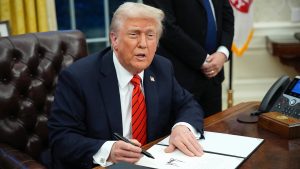
Trump reacts to Shapiro mansion fire, labels suspect a ‘whack job’
"The attacker was not a fan of Trump I understand," the president said Monday. "Just from what I’ve read and what I’m been told. The attacker basically wasn’t a fan of anybody"
Read More
Comment
0
El Salvador’s President says he will not return man the US mistakenly deported
The U.S. wants him, but Bukele’s not budging.
Comment
0